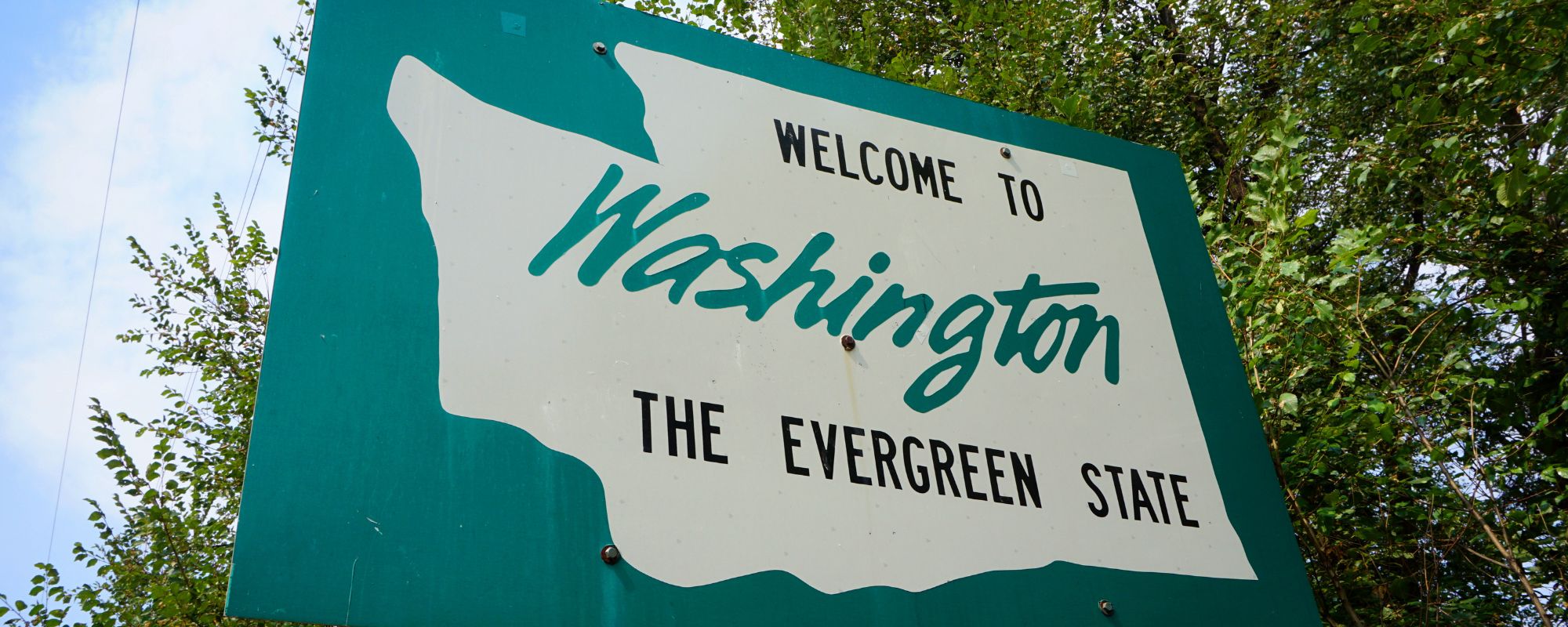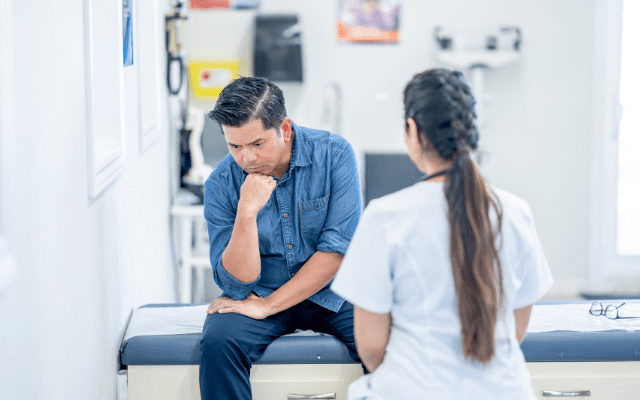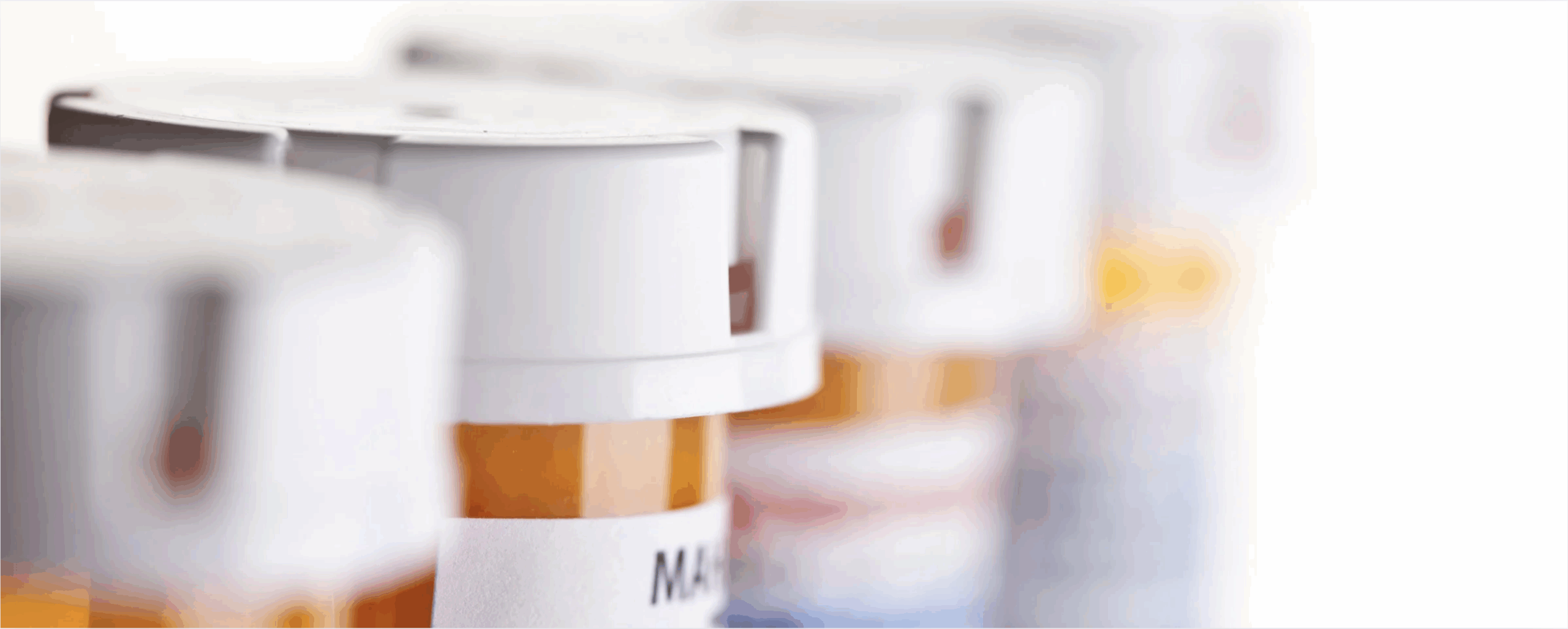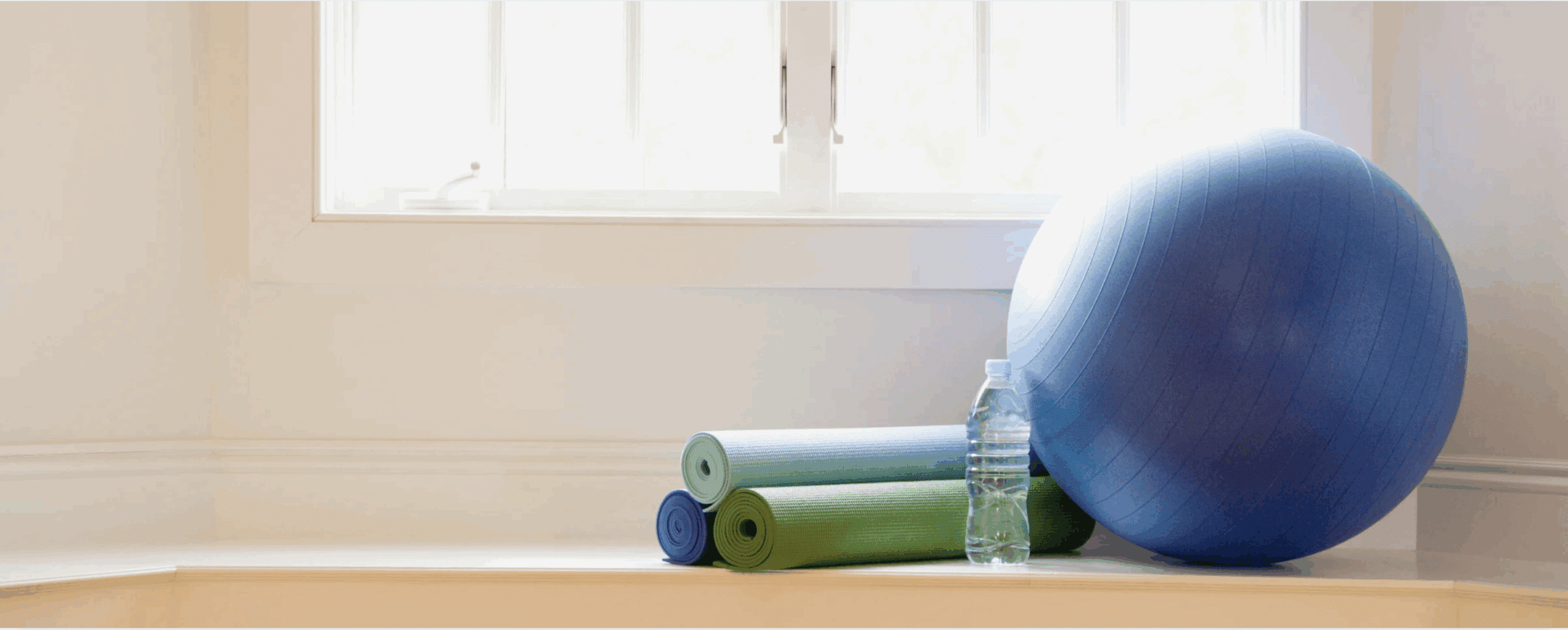As guests integrate research-based practices into their routine, they start to heal and begin their recovery. As a result, recovery provides perspective and clarity that encourages guests to rekindle their relationships with loved ones. For this reason, guests often wonder if they have the option of a family visit in rehab.
During treatment, guests navigate through the levels of care within their treatment program. While guests recover from drug and alcohol addiction, their vulnerability and risk of relapse decrease. The great news? Individuals can change their addictive tendencies and instill recovery-sensitive coping skills through education, therapy, and sober support.
Introducing guests to healthy relationships and support systems is incredibly beneficial to an individual’s treatment. However, rejoining society too early in a person’s recovery is often detrimental to their recovery. In fact, it’s vital to cleanse each guest of maladaptive behaviors before allowing in-person contact with the outside world. For this reason, many rehab centers limit their guest’s exposure to outside influence, including family members.
Residential Inpatient
Knowing old habits are hard to break, rehab programs implement visitation rules to avoid the risk of relapse. To keep guests from regressing back to past behaviors, many facilities limit potentially triggering interactions.
Often, guests in programs such as medical detox and residential inpatient have limited contact with life outside of the rehab. By restricting contact to scheduled phone time, treatment centers decrease the chances of external triggers that potentially result in relapse. Seeing family and friends in early recovery is typically an intensely emotional experience. As a result, many rehabs set boundaries for their guests, momentarily discontinuing family visitation during residential inpatient. This maximizes relapse prevention and harm reduction. For this reason, most residential inpatient programs limit or prohibit the option of a family visit in rehab.
A Family Visit in Rehab: Outpatient Program
During aftercare and outpatient programs, guests are provided more freedom as they complete each level of care. One of the freedoms provided for individuals in an outpatient program is family visitation. Due to the nature of outpatient programs, guests live at home or within a facility’s sober living homes.
With a strong foundation of recovery built into their routine, guests can return home or meet with loved ones while in sober living. In addition, guests in outpatient continue therapy and group support meetings which offer them a healthy outlet to express the emotions they felt during the reunion. During therapy, they work through any negative or confusing feelings and thoughts with the help of the therapist and their sober community.
Throughout a guest’s time in treatment, they meet recovery milestones and apply relapse prevention skills that promote their recovery maintenance. As time passes, individuals form healthy patterns of behavior that allow them to experience stress without the need to backslide into addiction. As such, guests have the relapse prevention skills and recovery plan to regulate their emotions, giving them the confidence and strength in their recovery to safely meet with family and friends. Most outpatient programs promote and welcome family visits in rehab.
Sober Living Visitation
Many drug and alcohol rehab centers also provide sober living residences. Sobering living homes help guests that complete inpatient programs and wish to continue living with built-in sober support during outpatient.
While family visitation policies vary from facility to facility, sober living homes typically allow guests to meet off-campus with family members. Family visitation privileges also extend to on-campus appointments at certain rehab centers.
Plan A Family Visit in Rehab at Royal Life Centers
We at Royal Life Centers understand the importance of family visits in rehab. In fact, family support provides an enormous amount of personal healing in recovery.
In the early stages of treatment, we limit interactions between our guests and their loved ones to protect them. This is because we believe it is important to lower potential triggers during the most vulnerable period of their recovery. Regardless of the state of a guest’s family, supportive or dismissive, we find that external forces from outside the facility can unintentionally trigger a guest and set them back in their recovery. For this reason, guests in residential inpatient are allowed weekly phone visits with family members with their therapist to monitor and guide the conversation if needed. In between these phone calls, we encourage guests to form meaningful relationships with our staff and fellow guests.
Guests in our outpatient program (PHP, IOP, and Outpatient) are able to visit with family in between therapy sessions at the facility. As such, guests who return home can live with family or see them during their leisure time.
Those who continue their treatment in our sober living program have similar family visitation. While a guest’s family members cannot stay in the sober living facility, Royal Life Centers invites families to stay in our Family House. The Royal Family House is a property for those who wish to visit their loved ones during their time in treatment. We at Royal Life Centers understand that many of our guests come from all across the country, so to save their families the cost of stay at a hotel, the Family House is free to schedule and stay.
Covid-19 Effects on a Family Visit in Rehab
During Covid-19 Quarantine, Royal Life Centers’ Family House appointments have been momentarily suspended. While we want the family members of our guests to visit to aid in the healing of their loved ones, the safety of our guests and staff must come first. We ask our guests and their families to be patient.


















